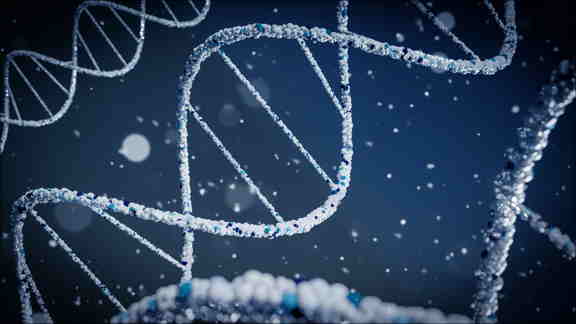Benchtop DNA printers are coming soon—and biosecurity experts are worried
By Robert F. Service,
Science
| 05. 11. 2023
Biologists who have been obtaining DNA sequences online from companies will soon have a more convenient option: benchtop machines that can print all the DNA they need. But this technology brings with it new risks by circumventing how synthetic biology companies now screen for would-be bioterrorists. A report released yesterday by a Washington, D.C., think tank urges companies and governments to revamp existing screening to prevent someone with malign motives from making a toxin or pathogen.
The current screening system, which is voluntary, “could be upended by benchtop DNA synthesis,” says report co-author Jaime Yassif, vice president for global biological policy and programs at the Nuclear Threat Initiative. “Governments, industry, and the broader scientific community need to put stronger safeguards in place to ensure this technology is not exploited by malicious actors and that it doesn’t lead to a catastrophic accident,” she says.
The ability to synthesize DNA has been around since the early 1980s. The technology has become a central component of genetic research and is used to develop novel pharmaceuticals, agricultural products, and biofuels. Synthetic DNA sequences are...
Related Articles
By Diaa Hadid and Shweta Desai, NPR | 01.29.2026
MUMBRA, India — The afternoon sun shines on the woman in a commuter-town café, highlighting her almond-shaped eyes and pale skin, a look often sought after by couples who need an egg to have a baby.
"I have good eggs,"...
By George Janes, BioNews | 01.12.2026
A heart attack patient has become the first person to be treated in a clinical trial of an experimental gene therapy, which aims to strengthen blood vessels after coronary bypass surgery.
Coronary artery bypass surgery is performed to treat...
By Staff, ScienceDaily | 01.05.2026
Scientists at UNSW Sydney have developed a new form of CRISPR technology that could make gene therapy safer while also resolving a decades-long debate about how genes are switched off. The research shows that small chemical markers attached to DNA
...
Following a long-standing CGS tradition, we present a selection of our favorite Biopolitical Times posts of the past year.
In 2025, we published up to four posts every month, written by 12 authors (staff, consultants and allies), some in collaboration and one simply credited to CGS.
These titles are presented in chronological order, except for three In Memoriam notices, which follow. Many more posts that are worth your time can be found in the archive. Scroll down and “VIEW...




